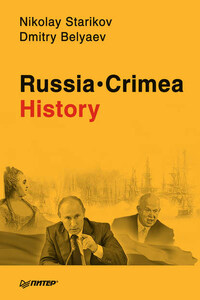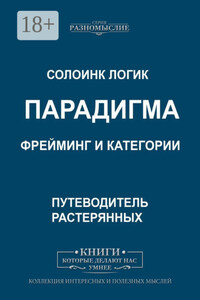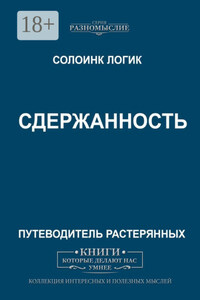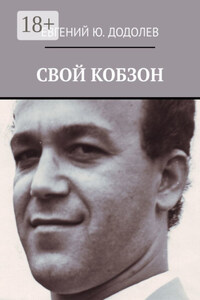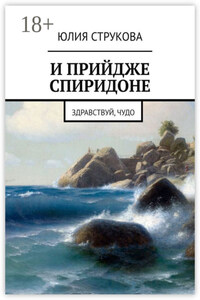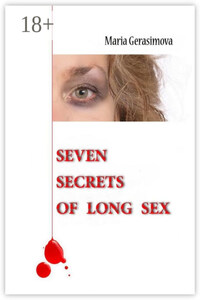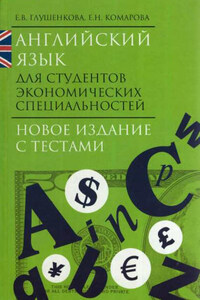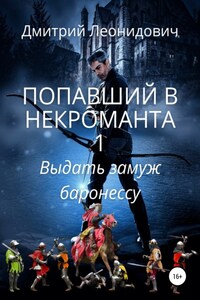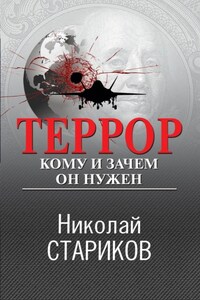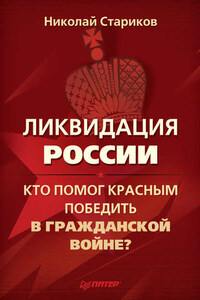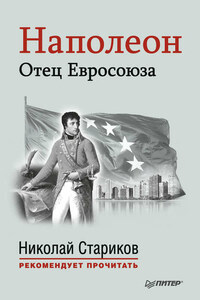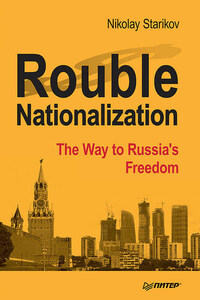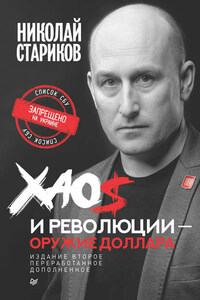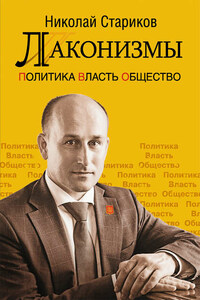The reunion of Crimea and Russia that took place in March 2014 is a historic event. It has several consequences, each of key importance.
It is not only reestablishing of historical justice. Not only increasing the nation’s population and territory. Not only regaining the geopolitically essential Russian naval base. Not only helping our compatriots out of the dire straits they happened to be in, in accordance with the invariable rule of our nation – Russians never leave Russians, when they need help.
The reunion of Crimea and Russia surely means all this. But the essence of this event is still different. What is the most important is that we came back into the mainstream of the global politics. And now not only by verbal declarations but also in real actions. All major global powers have to acknowledge this and they did. The the EU’s and the USA’s sanctions are nothing else but such an acknowledgement. Even in 2008 – during and just after the crisis in South Ossetia – there were no sanctions imposed. Although there were real hostilities there – the Russian Army waged this combat in order to force the invader for peace. In 2014, no military actions took place either in Crimea or in its vicinity. However, the reaction from the West proved far harsher and on a far larger scale. The real reason for that is the grand success of the Russian government that, through careful planning and virtuoso performance, and in spite of the snowballing crisis in Ukraine, was able to turn the impending geopolitical ruin of Russia into victory. The victory was not complete, and will not be so as long as the bulk of Ukraine is controlled by pro-American zombies, but still – what a victory!
The comeback of Crimea started a whole new tendency. The last time Russia enhanced its territory before Crimea was during Stalin’s government. After Stalin’s death, Russia started losing territories, instead of gaining them. For any country, increasing territory means increasing control of the globe, in terms of square miles; it is strategically important for all countries and nations. Now the ceding and receding tendency of the Russian world has been stopped. This is only the first step for us on a long road, the first and the most important.
The reunion of Crimea and Russia was sudden and unexpected for everybody. A year before these events, anyone who would have ever supposed such a development, would have been mocked as a sheer dreamer. Came the March of 2014, and Crimea was reunited with its historic motherland. It would be well to ask, as Russians will, “Who is to blame?” Only the question should have a positive connotation. Who is to thank for the fact that the unravelling events that must have surely meant the forfeiture of our naval base and would have ended up in a bloodbath suddenly took the opposite course? We must thank the people of Crimea and the Russian President, Vladimir Putin. The Crimeans showed surprising self-organization, despite their distressing circumstances, when they agreed to a public referendum. They went to poll stations to express their will, demonstrating such high attendance levels as beat all the historic records for the peninsula, even the most pompous (and quite frequent) Ukrainian elections. Almost unanimously, the people of Crimea voted for the reunion with Russia. It is only thanks to their united will and resolution to come back home that the reunion could take place. But it could hardly have happened, had the Russian President not shown his political will.
The role of a single person can be vividly illustrated by the Ukrainian crisis. Ukraine was governed at the time by Viktor Yanukovich, a doormat of a leader, who at the crucial moment put trust in the West and hesitated, allowing his country to fall into chaos and anarchy. Reversely, Russia, led by a strong and prudent political figure, became stronger herself, in the face of the traps set by our geopolitical adversaries.
Changes always come unnoticed. The world is changing faster than we can imagine. The day after the treacherous disintegration of the USSR hardly anyone saw the difference between today and yesterday. But some years passed, and the events of October 1993 shook Moscow. Then the First Chechen War. Next the breakoff of Transdniestria. Still more blood. Still lower living standards, still higher death rate. Another decade, and in 2014, human blood poured again down the streets of a riot-stricken Kiev. We come to a realization: everything that has happened since the collapse of the great Union has also been its direct consequence. Today, the results of the referendum of March 16, 2014 in Crimea have opened a whole new chapter in global politics. Such a significant event has provoked a wave of interest in the peninsula’s history. And while there are many of those in the country ‘where the sun sets’ who don’t know the first thing about Crimea – even its location on the globe, for Russia the peninsula has played an exclusive part for centuries. This book tells about the history of Crimea, its return to Russia, and why it can and must with good reason be called Russian land.
